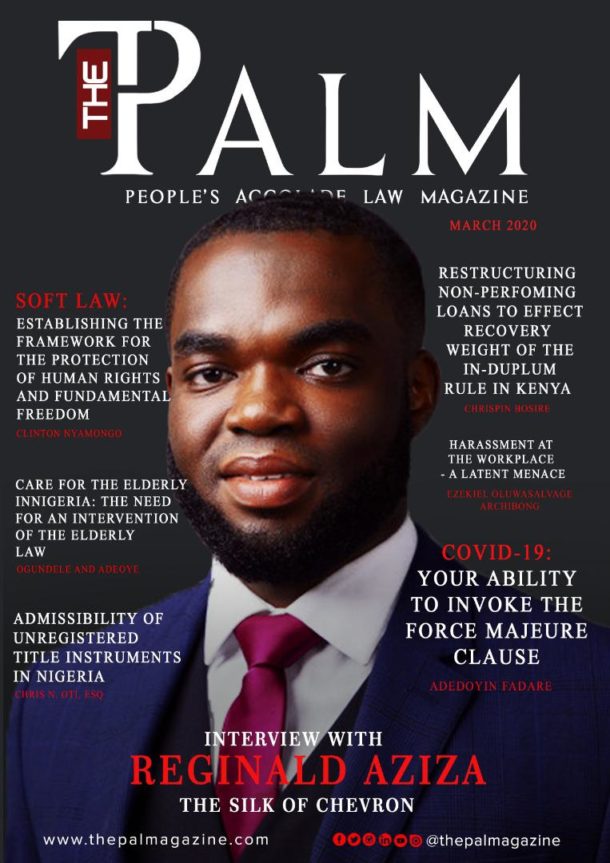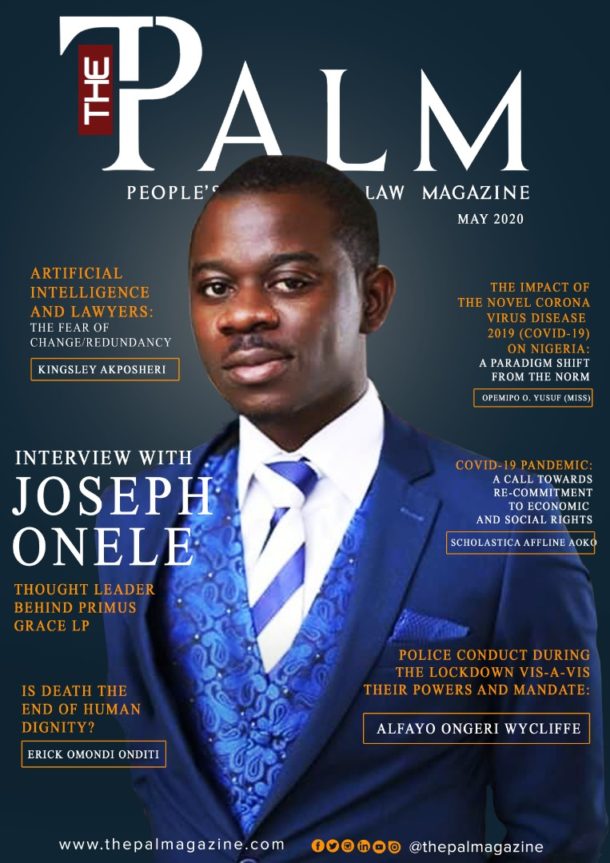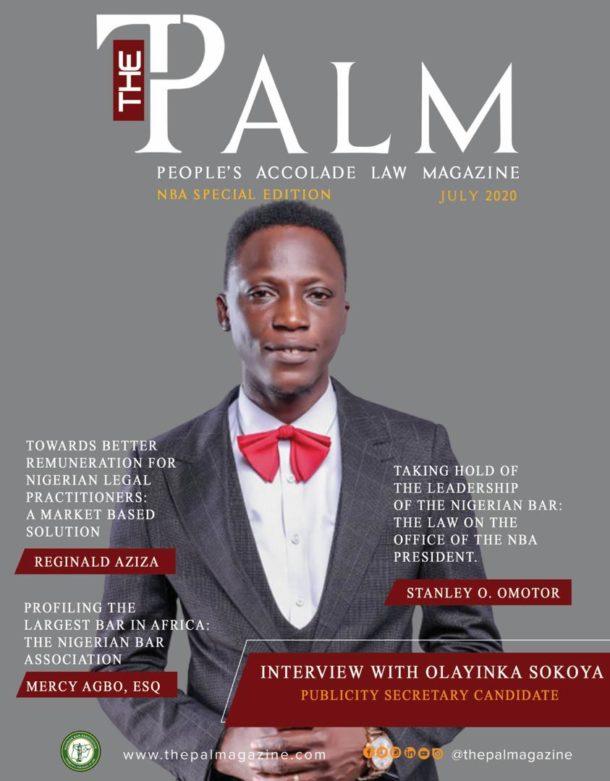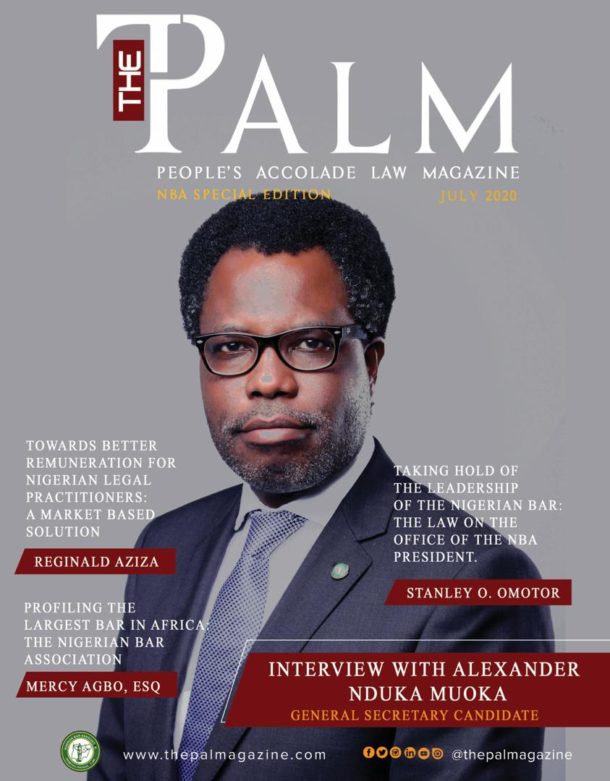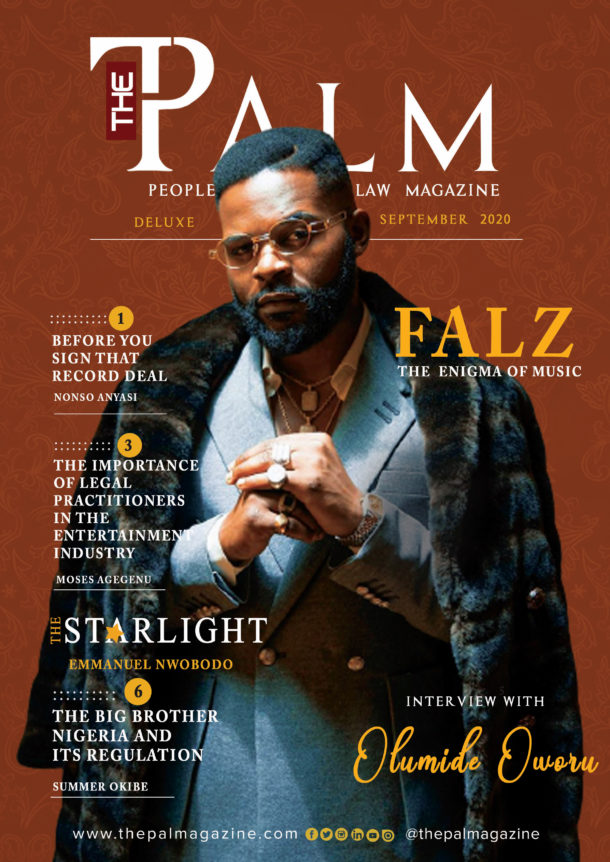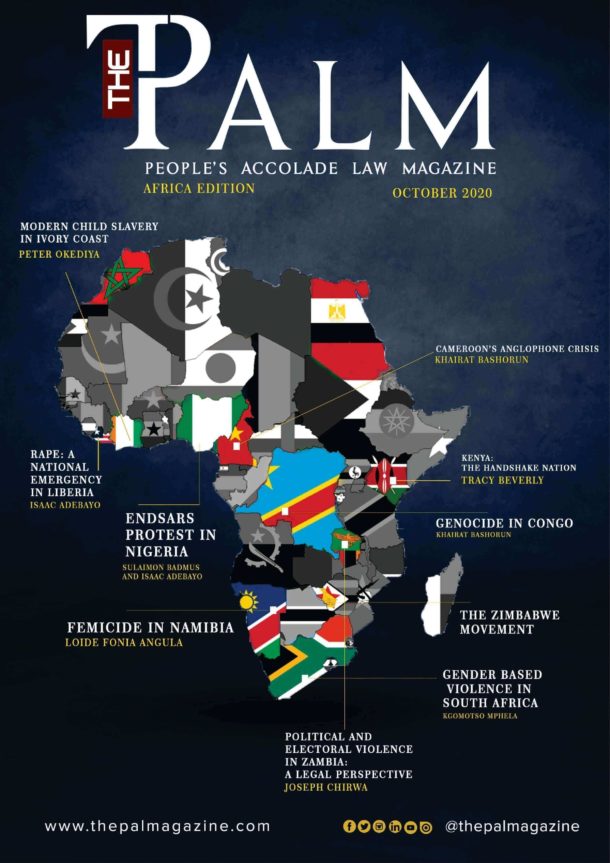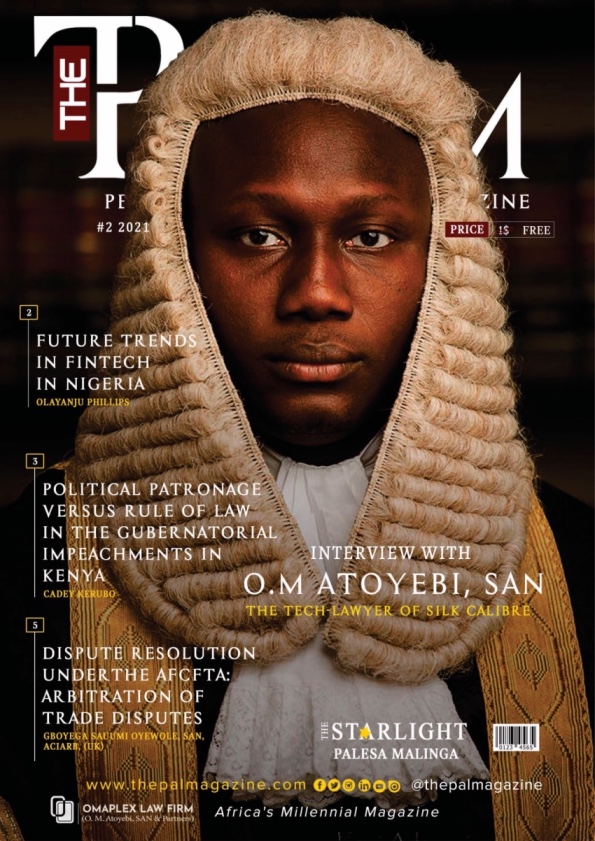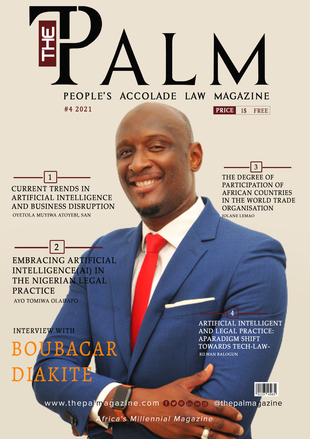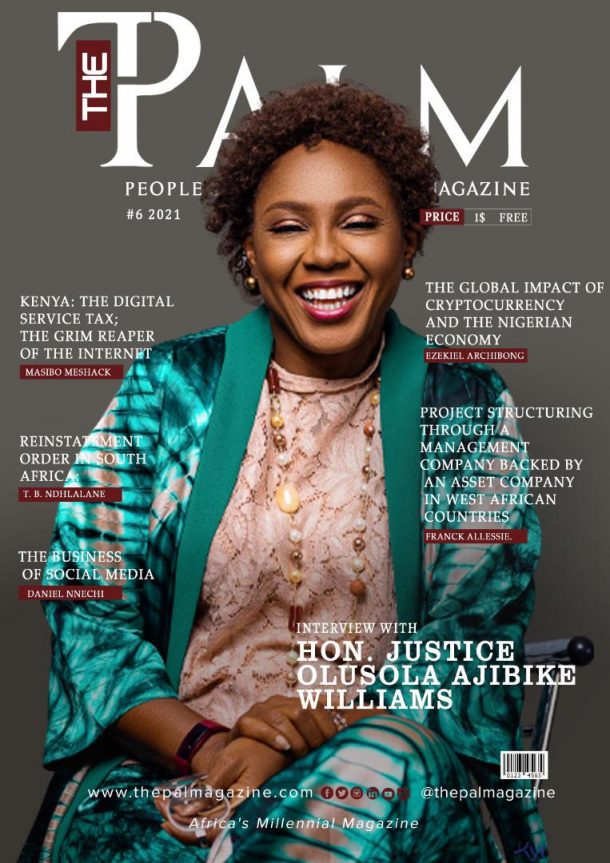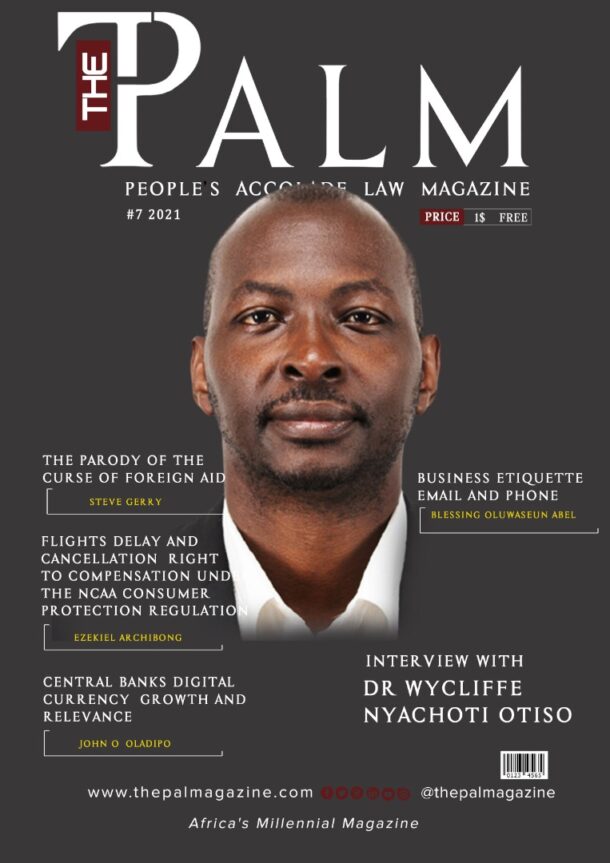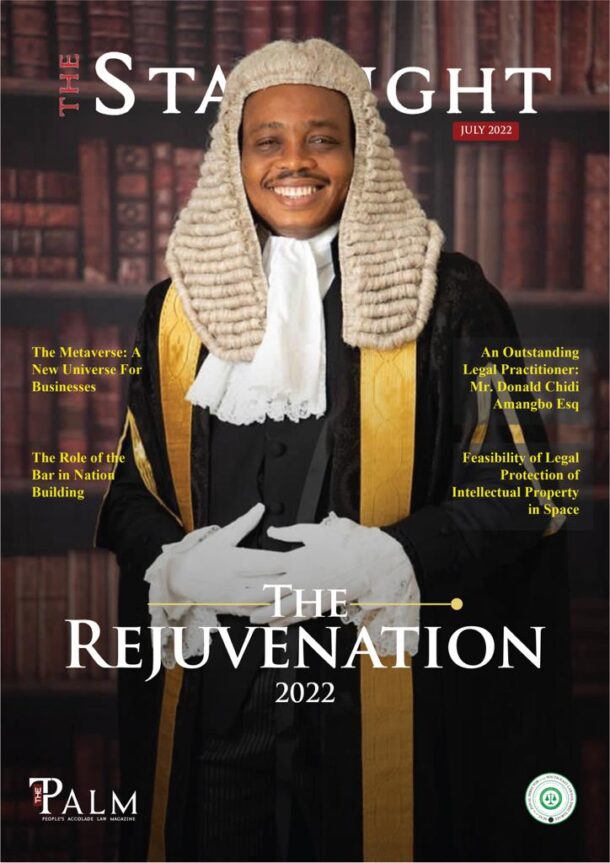“…law is more than a profession, it is a public duty.” – Iman Ahmed Abdikarin
Iman Ahmed Abdikarin is a licensed Somali lawyer, human rights advocate, and the Founder and Chief Executive Officer of Hiil Law Firm and Hiil Legal Aid, institutions dedicated to advancing access to justice for marginalised and vulnerable communities in Somalia. Her organisations play a vital role in offering free legal assistance and representation, particularly to survivors of gender-based violence, women, and children affected by conflict and systemic inequality. Iman contributes to national legal reform, governance, and policy initiatives aimed at strengthening the rule of law and institutional accountability. She also holds the position of Vice Chairperson of the Board of Defenders Coalition Somalia and is an active member of the Somali Bar Association, reflecting her commitment to building a strong, independent legal community that upholds justice and human rights. Throughout her career, Iman has collaborated with a wide range of stakeholders, including United Nations agencies, government ministries, and civil society organisations, to promote access to legal aid, and develop inclusive justice systems in fragile and conflict-affected settings. Her work has had a significant impact on empowering local communities through legal literacy and advocacy. Iman earned her Bachelor of Laws (LL.B) from Simad University and is currently pursuing a Master of Laws (LL.M). Driven by a deep sense of purpose, she continues to dedicate her professional journey to creating a more equitable and just Somalia where every individual can access their fundamental rights and legal protection.
1. The Driving Force for Choosing the Legal Profession.
The passion for the legal profession often begins with a deep sense of justice and the belief that law can transform societies. For the most part, the realisation that law is not only about rules but about protecting human dignity is the real spark. The practice of law remains fulfilling because it allows one to stand as a voice for the voiceless, defend fundamental rights, and promote the rule of law in places where injustice persists. It is rewarding to know that through advocacy, legal advice, or reform, one can contribute to building systems that are fair, inclusive, and anchored in respect for human rights.
2. Qualities of an Exceptional Lawyer and How Young Professionals Can Cultivate Such Attributes.
An exceptional lawyer today must be ethically grounded, socially conscious, and globally aware. The modern lawyer cannot operate in isolation from the human realities that law seeks to govern. A strong understanding of human rights principles, combined with a commitment to justice and accountability, is what distinguishes a great practitioner. Young professionals should cultivate curiosity, empathy, and integrity, qualities that enable them to interpret and apply the law in ways that advance social good. They should also stay informed about international legal developments, especially those affecting equality, access to justice, and the protection of vulnerable communities.

3. Significant Ongoing Project or Initiatives and Possible Impacts.
The next generation of legal initiatives must focus on strengthening justice systems and human rights protection at both national and community levels. Projects that promote access to justice, rule of law, education, and institutional accountability are essential. Equally important are initiatives that address climate justice and environmental rights, areas increasingly tied to human well-being. The ultimate goal is to build societies where legal systems function not only to punish wrongdoing but to prevent inequality and uphold human dignity. The desired impact is a stronger, more transparent justice sector that inspires public trust and protects every individual’s fundamental rights.
4. Role Models and Impactful Books.
Across generations, many legal minds have profoundly shaped the global understanding of justice, from Nelson Mandela, who used law as a weapon of peace, to Eleanor Roosevelt, whose vision for universal human rights continues to guide legal ethics and international cooperation. Thinkers like Lord Tom Bingham and Judge Navi Pillay have also deepened global appreciation for the rule of law as the cornerstone of human freedom. Books such as ‘The Rule of Law’ and ‘The Justice Cascade’ remind us that justice is not static, it evolves through courage, advocacy, and the constant defense of human rights against oppression and inequality.
5. Advice or Guiding Principles for Young Legal Professionals and Advocates Trying to Find their Place and Purpose in the Legal Terrain.
To those beginning their journey, remember that law is more than a profession, it is a public duty. Start with integrity, compassion, and a genuine desire to serve others. Focus on learning, remain open to mentorship, and always let human rights be at the heart of your practice. Every case, no matter how small, has the power to change a life. The rule of law depends on individuals who act with honesty and courage, even when the challenges seem overwhelming. Believe that justice begins with one action and that your voice, guided by principle, can make a real difference.
Click here to read our previous Millennial, Bakhita Mawuli Koblavie
Editorial Team
Silver Obioha
Clinton Nyamongo
Kazeem Afolabi
Dikeledi Matlhagare
Tolulope Olasunkanmi
Sulaimon Badmus
Aya Hamdy
Princess Maake
Jemilat Akerele
Vera Enubianozor
Brandon Otieno
Oluwabusayo Awodele
Kyenpiya Wonang
Gift Nwoke
Jessica Odoh
Tracy Karumba
Mary-Jones Ossi
Halimah Oladunni
Mary Linus
Peter Momoh
Jessica Omoruyi





